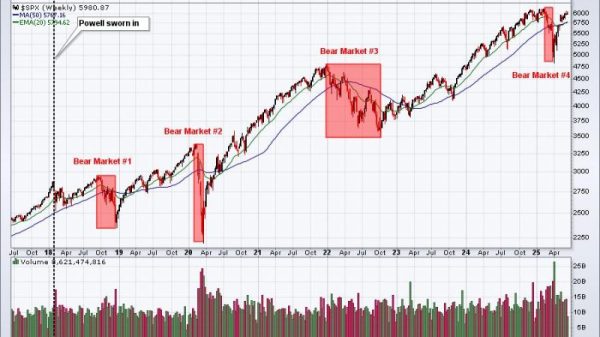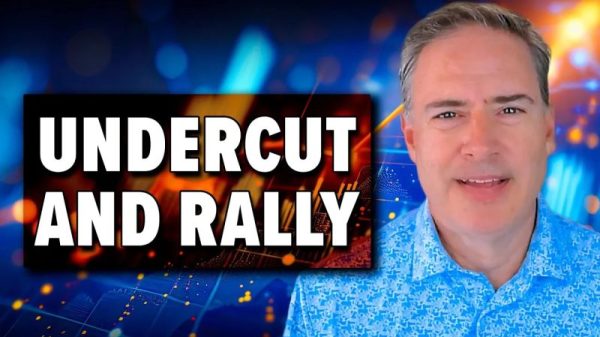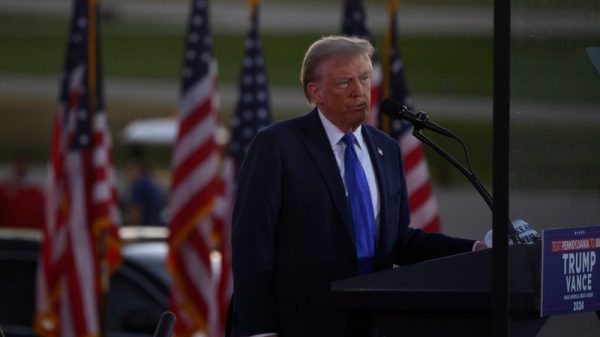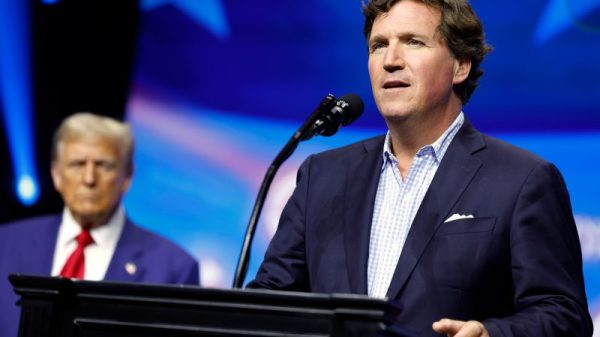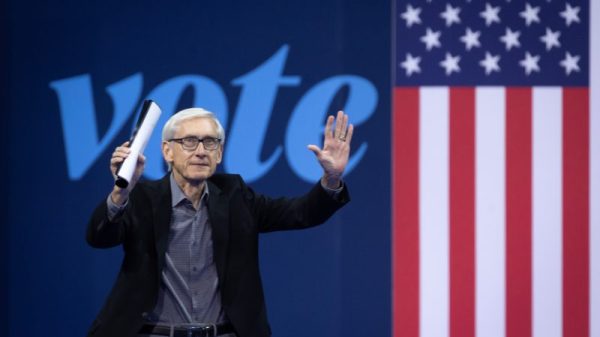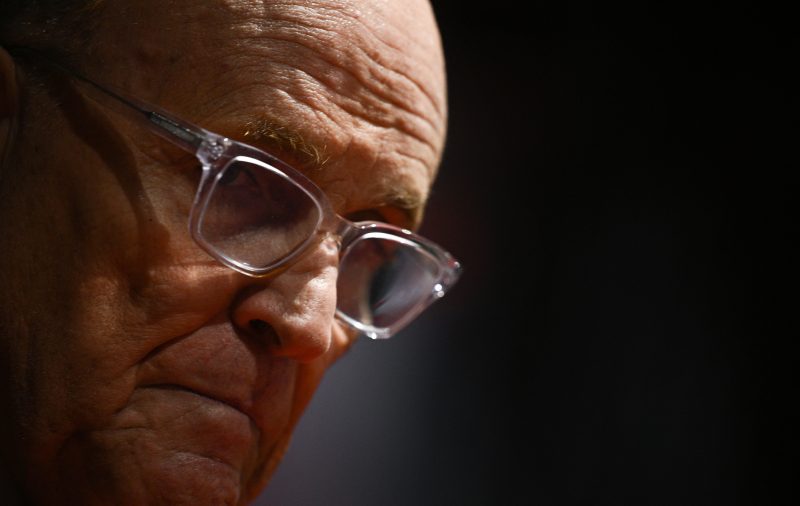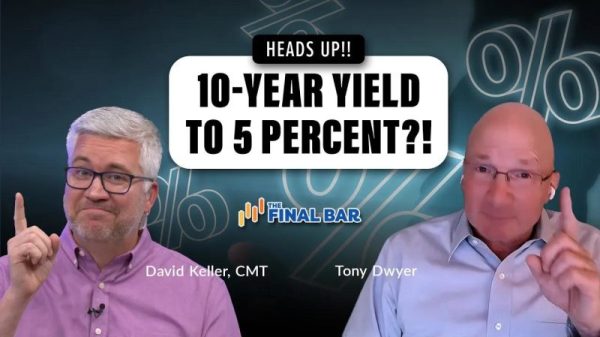A federal judge in New York on Friday finalized the dismissal of Rudy Giuliani’s bankruptcy case, opening the door for creditors to pursue and potentially seize his assets. That includes two former Georgia election workers who won a $148 million defamation claim against him.
The decision by U.S. Bankruptcy Judge Sean Lane in the Southern District of New York comes two days after Giuliani and his creditors reached an agreement to resolve an estimated $350,000 in administrative fees in the case that were required to be paid before it could be closed.
A proposed order filed Wednesday stated that upon the judge’s approval and case dismissal, Giuliani agreed to transfer $100,000 to an escrow account controlled by his attorneys and satisfy the remainder of the fees with proceeds from the sale of one of his two properties — his New York apartment or his condo in Palm Beach, Fla.
In his order finalizing the dismissal, Lane approved terms of that settlement and formally closed the case. The order prohibits Giuliani from seeking bankruptcy protection again for “a period of one year from the dismissal effective date.”
A spokesman for Giuliani did not immediately respond to a request for comment.
The formal dismissal paves the way for the former election workers and other creditors to now pursue legal remedies to collect money owed to them by Giuliani, the former New York mayor. It also allows other pending lawsuits against him that had been frozen by the bankruptcy proceeding to resume, including defamation suits by the voting machine companies Dominion Voting Systems and Smartmatic, and a sexual harassment and wage theft claim by former Giuliani associate Noelle Dunphy.
All are part of a committee of “unsecured creditors” that sought relief in the bankruptcy case.
Lane’s decision comes almost seven months after Giuliani sought bankruptcy protection after he was ordered to immediately pay millions in damages to Ruby Freeman and Shaye Moss, two Georgia women he falsely accused of helping to steal the 2020 presidential election while he was serving as former president Donald Trump’s personal attorney. Giuliani also faces criminal charges in Georgia and Arizona related to his alleged actions after the 2020 election.
Giuliani’s creditors accused him of using the bankruptcy case to stall litigation and collection efforts against him. The former mayor was criticized by the judge for his “uncooperative conduct” after he repeatedly filed inconsistent and incomplete financial statements that did not present a full picture of his cash and assets. Giuliani also failed to turn over financial information about his businesses and other holdings, as required by law.
“Transparency into Mr. Giuliani’s finances has proven to be an elusive goal,” Lane wrote in an order last month.
Citing suspicions that Giuliani’s stonewalling was an attempt to hide money, lawyers for the creditors hired Global Data Risk, a firm that includes former FBI and CIA officials, to look for hidden assets. They also suggested they could sue parties that Giuliani claims owe him money as part of their effort to recover debts — potentially including Trump.
In a February court hearing, Giuliani claimed Trump still owes him “about” $2 million in unpaid legal fees related to his work seeking to overturn Trump’s 2020 election loss. He has suggested that debt is with the Trump campaign or the Republican National Committee — though in a Feb. 27 court filing, Giuliani noted a possible claim against Trump personally for unpaid legal fees.
It was not immediately clear if the creditors might still pursue that litigation. Attorneys for the creditors did not immediately respond to requests for comment.
In court filings, Giuliani has listed roughly $153 million in debts to at least 20 people and businesses, including Freeman and Moss. A list of top creditors filed in February said Giuliani owes more than $3.7 million in unpaid legal fees to three law firms — though he is disputing some of those bills — and more than $1 million in state and federal taxes.
The former federal prosecutor has claimed about $11 million in assets — including an estimated $5.6 million New York apartment and his Palm Beach condo, which is valued at $3.5 million. While Giuliani has put his New York property on the market, he had resisted selling his Florida home, with one of his lawyers claiming that a sale could render the 80-year-old “homeless.” The settlement between Giuliani and his creditors suggested the Florida property could soon be for sale — though it was not yet publicly listed.
The settlement said a lien would be placed on both properties “as security” to make sure Giuliani pays fees owed to Global Data Risk and said the firm cannot seek to foreclose on or take other action related to either property for six months after the judge signs off on the agreement.
A financial disclosure report filed in June said Giuliani had less than $100,000 in the bank at the end of May and was funding his living expenses through a rapidly diminishing retirement account. But a lawyer for Freeman and Moss has repeatedly questioned the accuracy of his financial filings, accusing Giuliani of financial “shenanigans” and blowing through money without court authorization.
In recent weeks, Giuliani repeatedly shifted legal strategies in the case. In December, he sought Chapter 11 bankruptcy protection, which allows an individual to reorganize and file a plan to pay off debts. But on July 1, Giuliani changed course, asking a judge to reclassify his case under Chapter 7 bankruptcy, which would hand control of his personal and business finances to an outside trustee to liquidate. The request prompted immediate objections from some creditors who accused Giuliani of more delay tactics. He then abruptly joined with Freeman and Moss who had pressed the court to dismiss the case — which Lane agreed to do on July 12.
But Lane, who had not finalized the dismissal, later threatened to reverse that decision and schedule an evidentiary hearing where he would force Giuliani to testify under oath about his finances after he claimed he couldn’t pay fees in the case. The last-minute settlement averted that testimony.
Lane’s order Friday notes he will retain jurisdiction over the matter, including the approval of final administrative costs and “all matters arising from or related to the implementation, interpretation or enforcement” of its terms.



